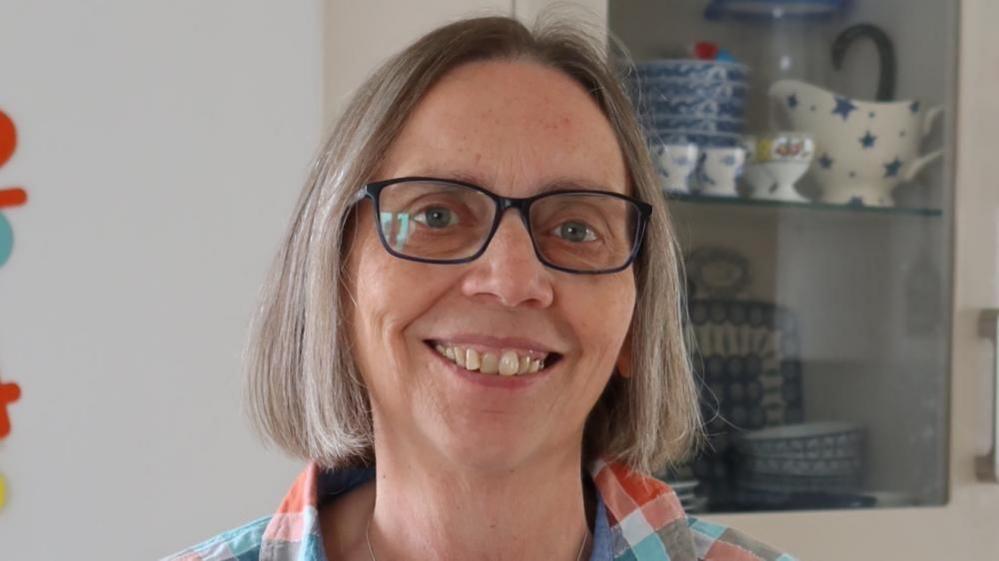Cancer research into body fat and muscle scans
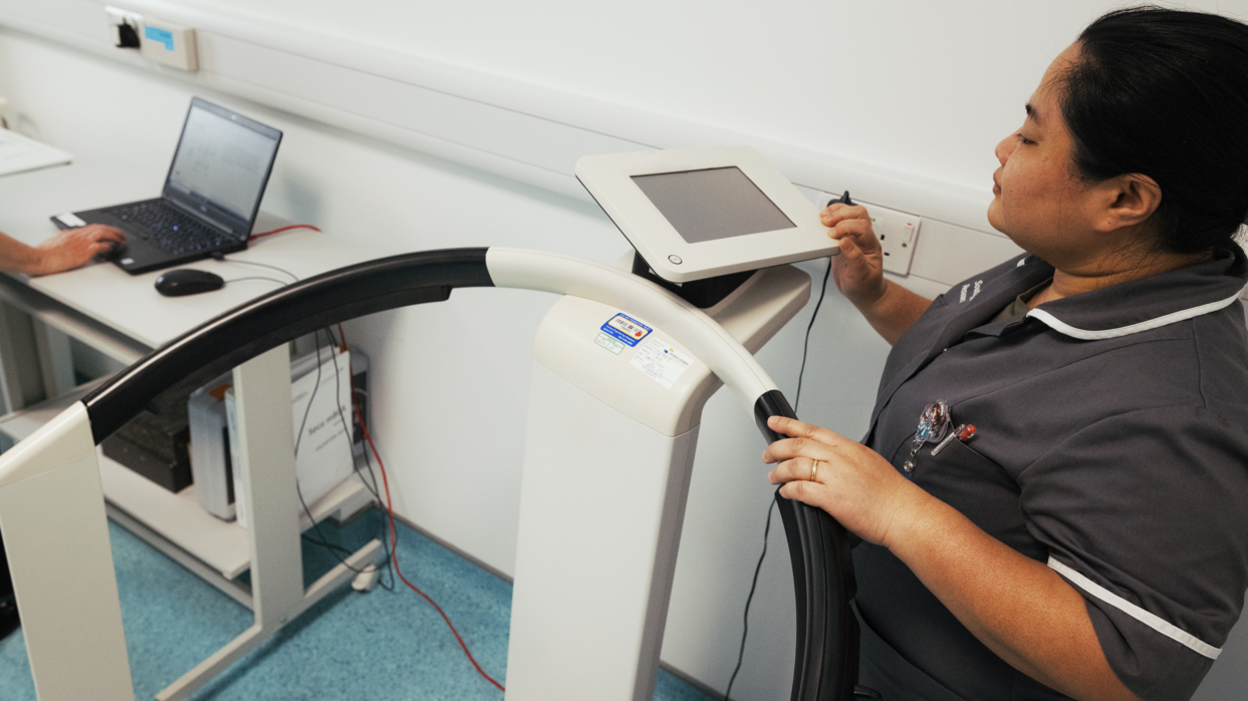
The University of Southampton will partner with eight NHS trusts for the research
- Published
A university has been awarded £1.2m to carry out pioneering research into how body composition could improve breast cancer treatments.
The University of Southampton will partner with eight NHS trusts on the programme, paid for by The World Cancer Research Fund.
It will explore how electronic scans of patients' body fat and muscle, combined with information about their exercise, could help determine their cancer treatment.
They are already working with data collected from 300 patients who have early stage breast cancer and are receiving chemotherapy.
Breast cancer is the most commonly diagnosed cancer in women worldwide, external, with more than 55,000 new cases reported annually in the UK, external.
The fund said despite advances in treatment, the disease still progressed further in more than 20% of women who develop early-stage breast cancer.
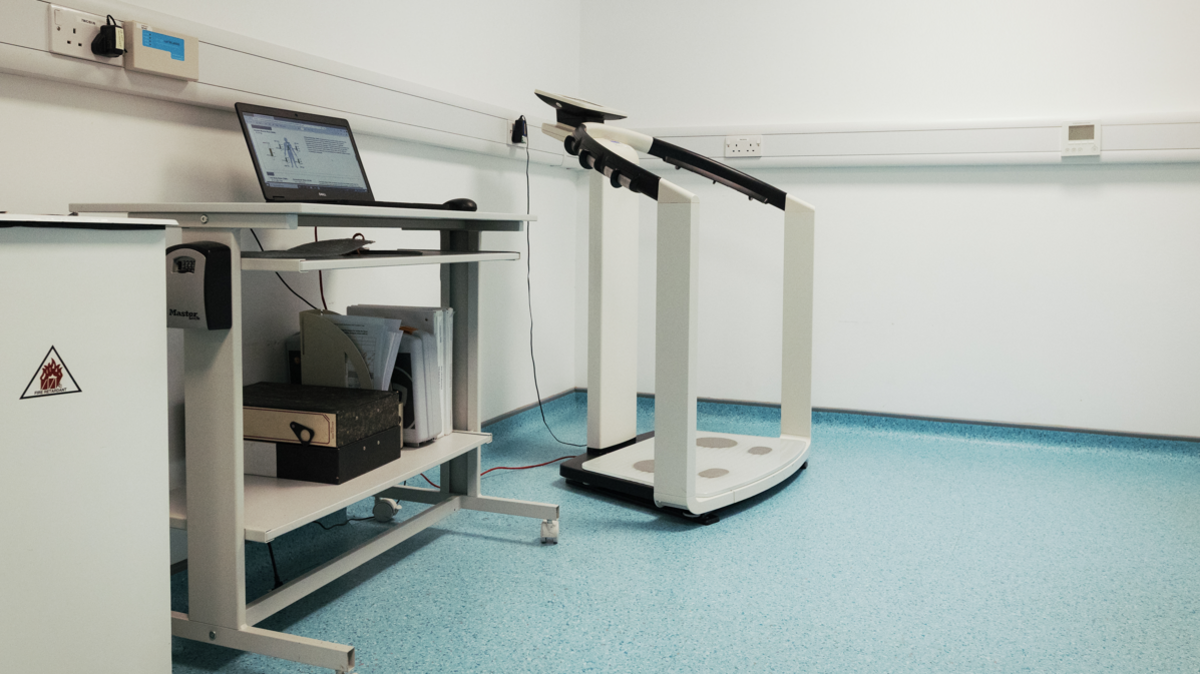
The Southampton team will explore how scans of patients' body fat and muscle could be used for better cancer treatments
The programme, called CANDO, short for Cancer: Nutrition and Dietary Origins, the researchers will explore how body composition affects patients' responses and side effects.
Clinicians currently use simple measurements of weight and height to help guide cancer treatment doses.
But the researchers say there are still many gaps in knowledge of how diet, weight, body composition and physical activity affect the cancer and its treatment.
Lesley Turner, a patient advocate for the team and a breast cancer survivor, said she understood "how rough it can be and how difficult it is to get doses right".
"This research could allow clinicians in future to reduce the guesswork and give patients with breast cancer an all-round better experience," she added.
Get in touch
Do you have a story BBC Hampshire & Isle of Wight should cover?
You can follow BBC Hampshire & Isle of Wight on Facebook, external, X (Twitter), external, or Instagram, external.
Similar stories
- Published13 October
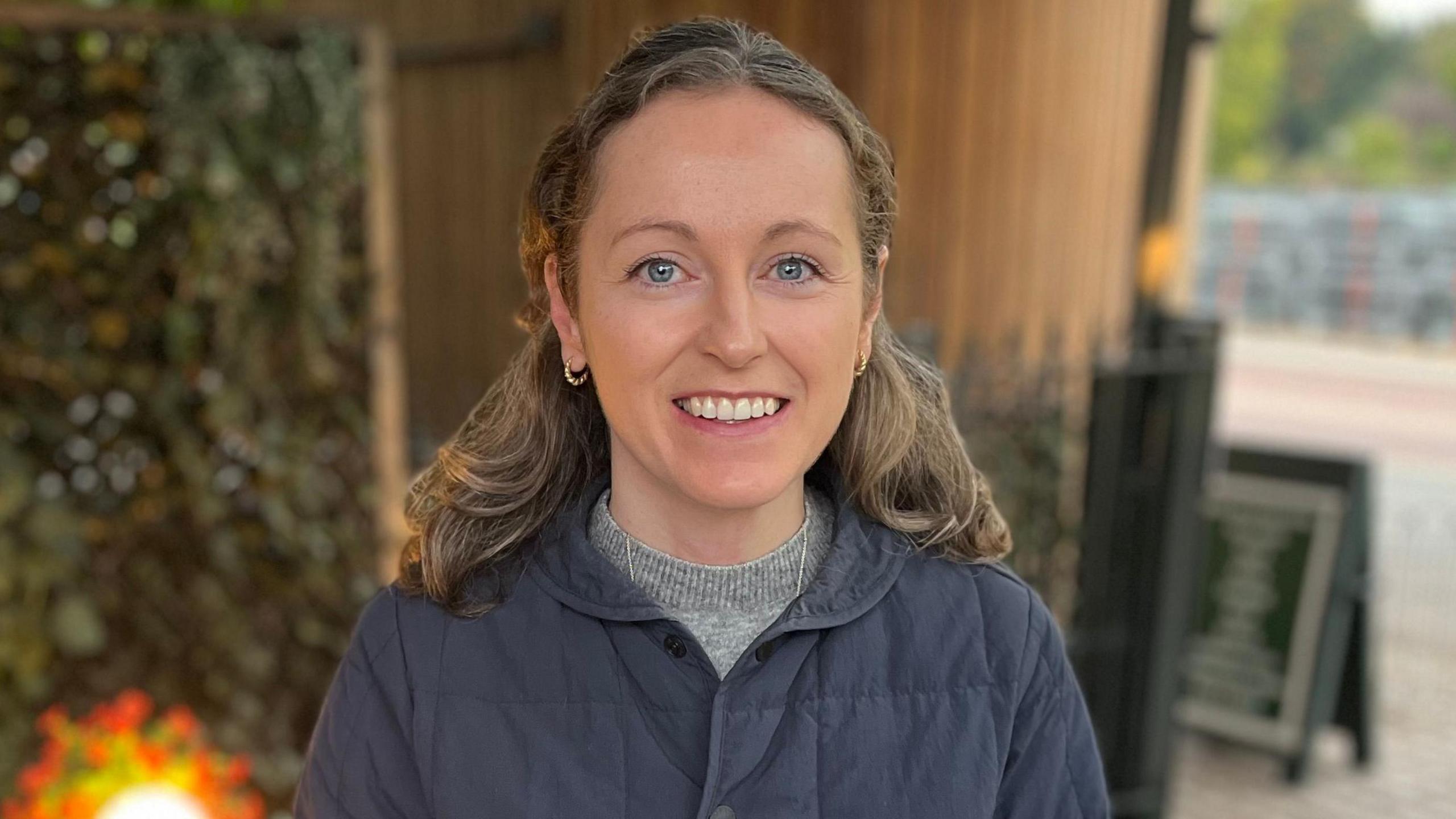
- Published27 September
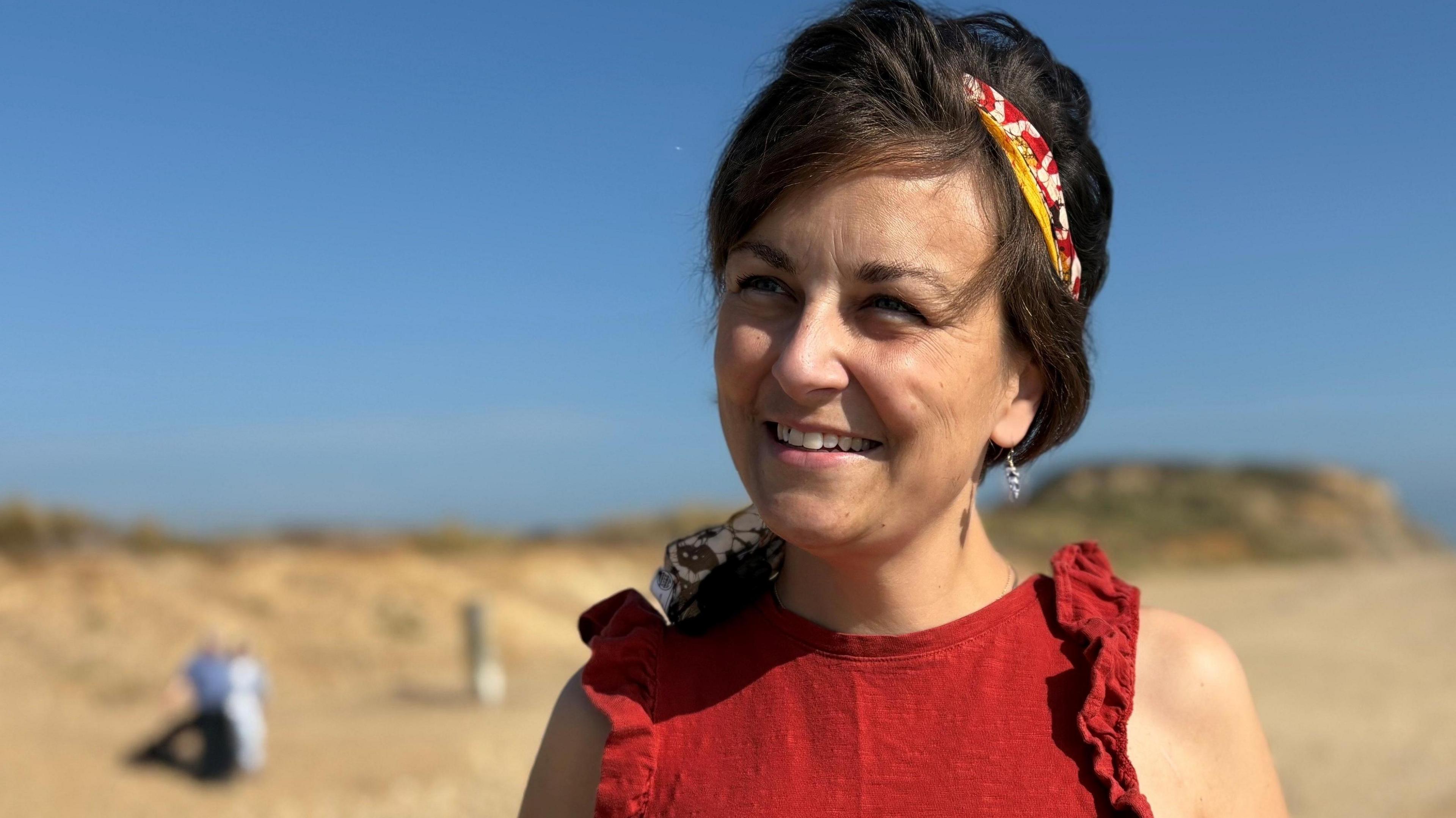
- Published15 July
